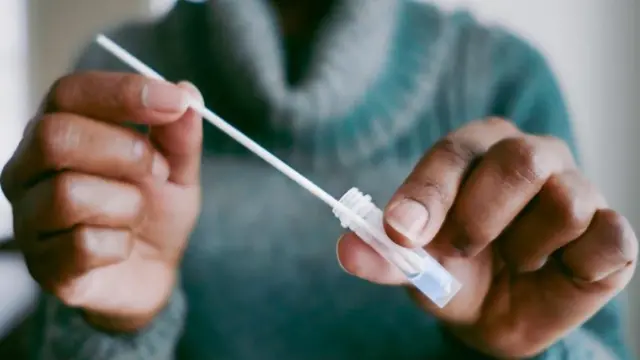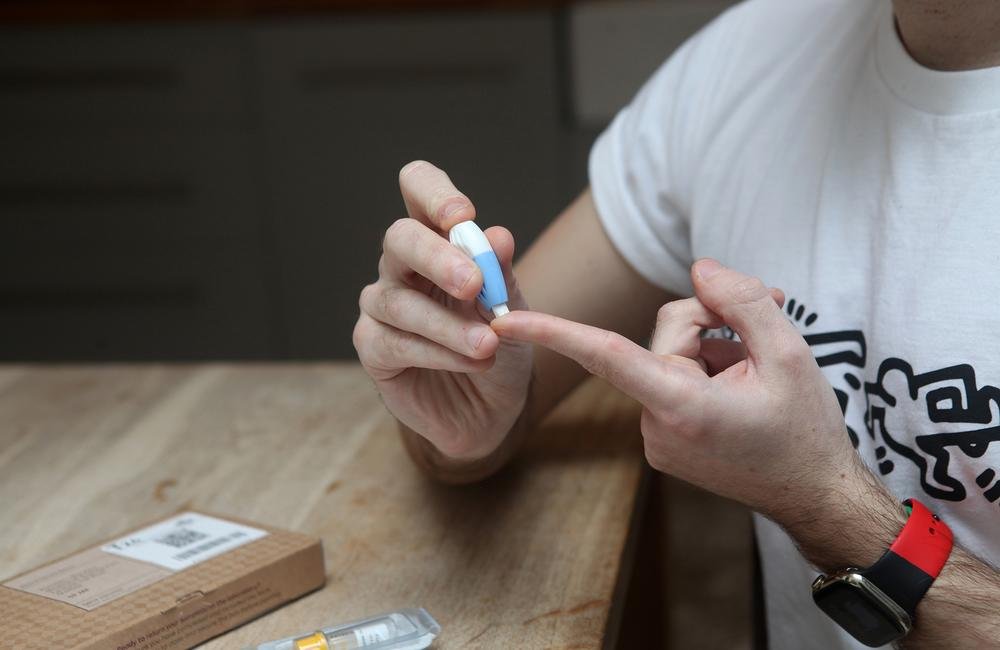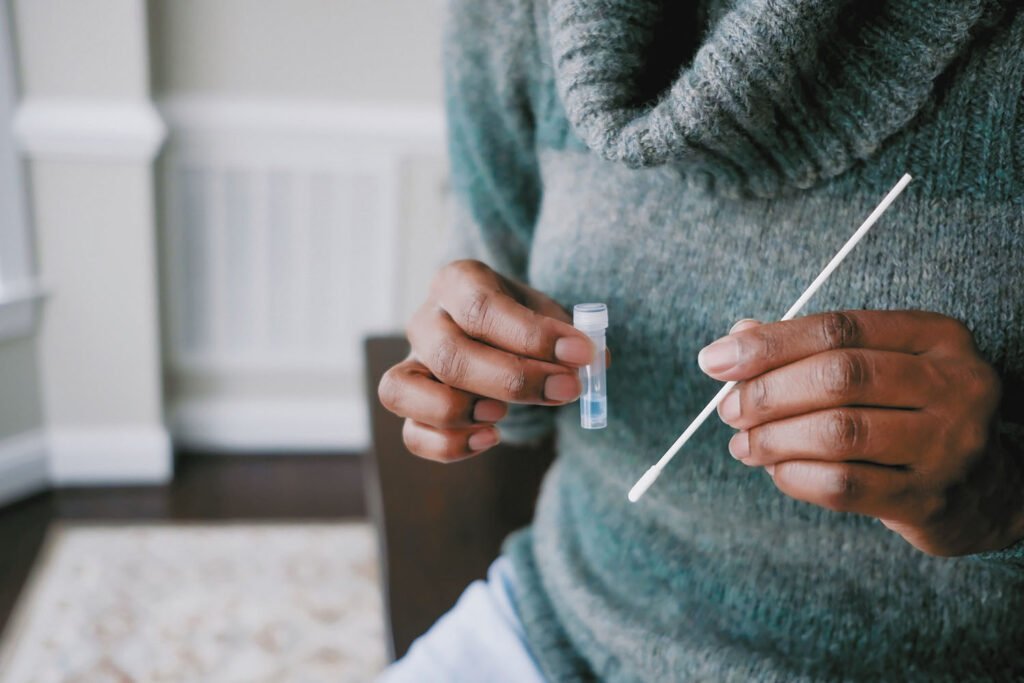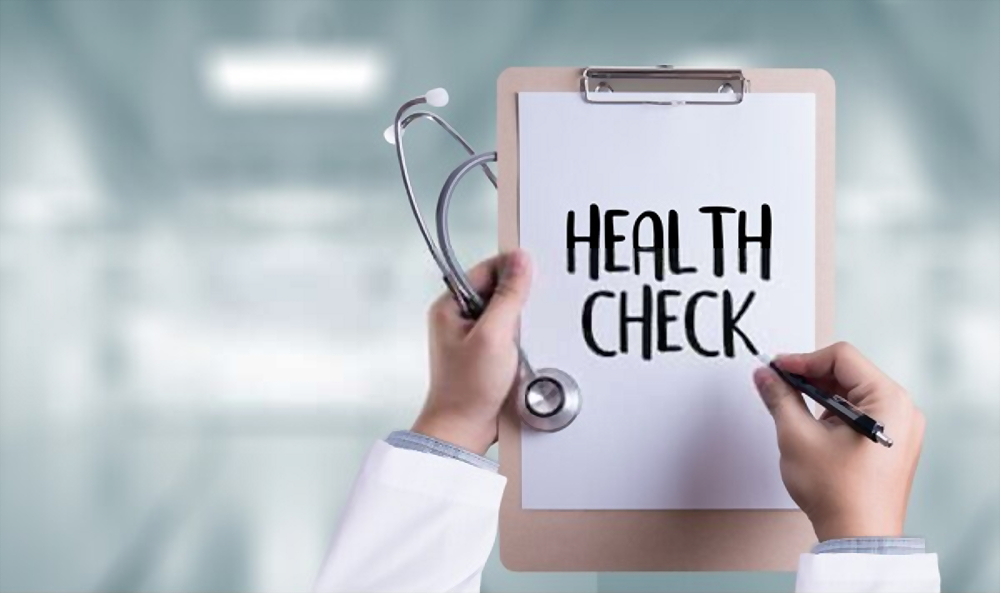Health DIY Tests Often Inaccurate, Raising Public Concern

Health DIY tests are often inaccurate, a growing concern as more people in the UK turn to self-testing kits for quick answers about their health. From bowel cancer to menopause, these home kits are now sold in supermarkets and online. While they offer convenience and privacy, new research reveals they may deliver misleading results and lack essential guidance, raising questions about their safety and reliability.
Why Health DIY Tests Are Often Inaccurate and Misleading
Researchers from the University of Birmingham analyzed 30 self-test kits available to UK consumers in 2023. The kits, costing between £1.89 and £39.99, tested for various conditions, including thyroid disorders, vitamin deficiencies, HIV, bowel cancer, and menopause.
Shockingly, only 14 of the 30 kits made any statement about their accuracy. Even fewer—less than a quarter—offered clear guidance on what users should do after receiving their results.
Inadequate Instructions and High-Risk Ratings
Many of the DIY health kits reviewed lacked basic yet crucial information. This included guidance on who should use the test, how to interpret results, and the next steps to take. Nearly half of the kits recommended consulting a healthcare provider regardless of the test outcome, potentially placing unnecessary pressure on NHS services.

The researchers classified 60% of the kits as “high risk”, indicating that poor instructions or misleading information could result in false reassurance or avoidable anxiety.
Stronger Rules Needed as Health DIY Tests Often Inaccurate
Lead researcher Professor Jon Deeks emphasized the importance of regulation in this rapidly expanding market. “Self-tests can benefit public health,” he said. “But only if they are accurate, easy to use, and come with clear instructions.”
Currently, manufacturers are not required to publish clinical performance data for their kits. This lack of transparency raises questions about the reliability of health claims, with some kits claiming more than 98% accuracy without publicly available evidence.
The Medical and Healthcare products Regulatory Agency (MHRA) has responded by stating that it is reviewing the findings and overhauling safety standards. According to MHRA’s Joseph Burt, upcoming changes may include mandatory public summaries of clinical test data for self-test kits.
Health Inequality and Consumer Risk
Experts also warn that these kits could deepen health inequalities. When access to self-tests is based on the ability to pay rather than clinical need, vulnerable groups may be exploited, and those unable to afford testing may be left behind.

Bernie Croal, President of the Royal College of Pathologists, expressed concern that low-quality tests could mislead consumers. He warned of the dangers of both false negatives, which give a false sense of reassurance, and false positives, which could trigger unnecessary medical procedures.
The Appeal of At-Home Testing
Despite the concerns, the self-testing industry continues to expand. Market forecasts suggest that the UK self-test market could reach £660 million by 2030. The public is drawn to these kits for their convenience, privacy, and quick results.
The rise of self-testing began decades ago with pregnancy tests and more recently surged during the Covid-19 pandemic. Lateral flow tests for Covid normalized the idea of home diagnostics, though these were not part of the Birmingham study.
Safe Use and Consumer Guidance
For now, regulators are urging caution. The MHRA recommends that users:
- Look for a CE or UKCA mark on test packaging.
- Read instructions thoroughly.
- Consult a doctor if unsure about a result.
Consumers are advised to use health DIY tests as screening tools, not as final diagnoses. Proper interpretation and professional guidance remain essential to avoid confusion and harm.
Conclusion
The rising popularity of home health kits reflects a shift toward personalized, accessible healthcare. However, as studies reveal, health DIY tests often inaccurate and poorly regulated may pose real risks. Stronger oversight, better product labeling, and greater transparency are urgently needed to ensure that these tests support public health without causing unintended harm.




